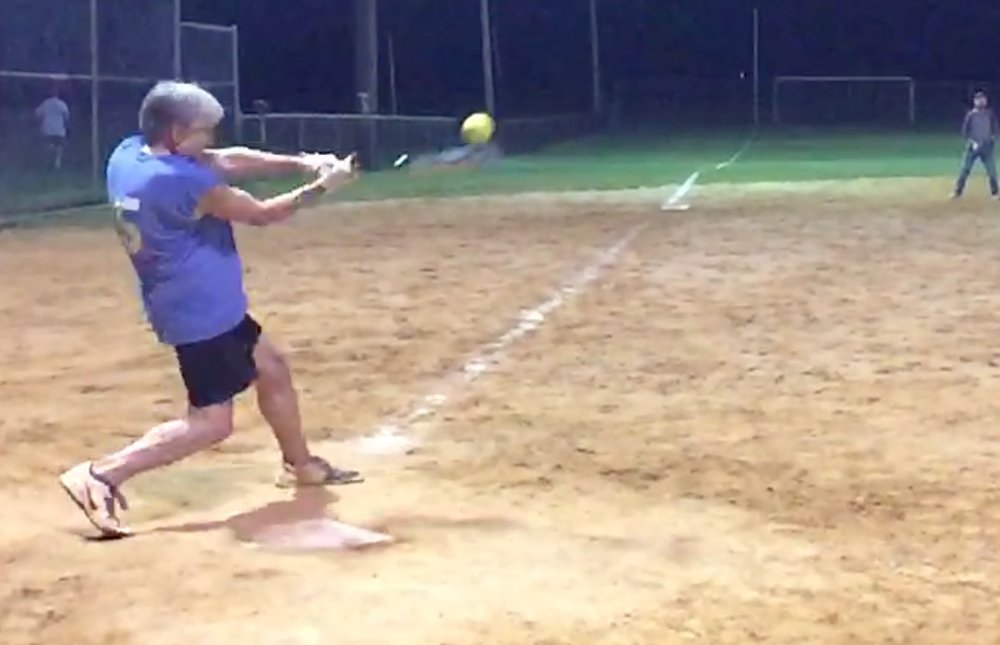With the fall softball season here, I had high hopes that the $149.95 Blast Baseball 360 might help me improve my swing and up my on-base percentage. But so far the experience has been inconsistent. I’m not having a blast (sorry, couldn’t resist the pun).
The Baseball 360 has two components: a sensor and an app (available for free at the Apple App Store for iOS 9 and 10). The Blast Motion Sensor for baseball, softball and t-ball attaches to the bottom of your bat with a rubber mount and sends (once you’ve downloaded the Power Sensor app) data points to your iPhone, via Bluetooth, that capture the performance of your swing.

To use you place the Blast Motion Sensor on the included wireless charger and power it up. After installing the app and registering your account, follow the on-screen instructions to sync your sensor to the app. Attach your sensor into the included bat attachment, and place it onto the butt of your bat. Attaching it is a bit of a pain; it’s difficult to insert the sensor, then install the bat attachment. You have to do some serious squeezing and stretching. But you must do it correctly, so the sensor is solidly touching bat handle.
Also, the design means you have to remove the entire rubber mount to change the sensor from one bat to another. If you’re only using one bat, that’s not a problem. But it’s very inconvenient if you want to use the sensor/app combo with multiple bats.
Once you’ve done this, you’ll have to hit a ball for the sensor to register your swing. Once you do, the Power Sensor app captures video highlights of your swings, combines them with Blast sensor metrics, helps you analyze your mechanics, and provides drills for improvement. It measures swing speed, time to contact, swing direction, power.
The Blast Motion Sensor hardware/software provides video auto curation (actions are used to dynamically clip video and automatically create a series of video highlights), slow-mo tech (high-frame video capture dynamically slows down and speeds up video playback based on your actions), and real-time metric builds (metrics dynamically build during action playback and can be displayed, suppressed, or shared socially).

The swing motion sensor is always on and ready to capture metrics for instant review — or can be stored on the sensor if your iPhone is out of range. If it’s within range, the sensor syncs to your smartphone and starts sending metrics to your device directly after the first swing. These metrics are navigable and record-able.
My biggest problem was that sometimes the app on my iPhone did pick up the results from my swings instantly. At other times, it didn’t register them at all, even if my iPhone was only five feet away. And sometimes I had to quit, then restart, the Blast Motion app.
The Blast Baseball 360 combo is useful when it works. But with its hard-to-apply-and-remove rubber mount and inconsistent communications with my iPhone, I can’t recommend spending 150 bucks for it.

